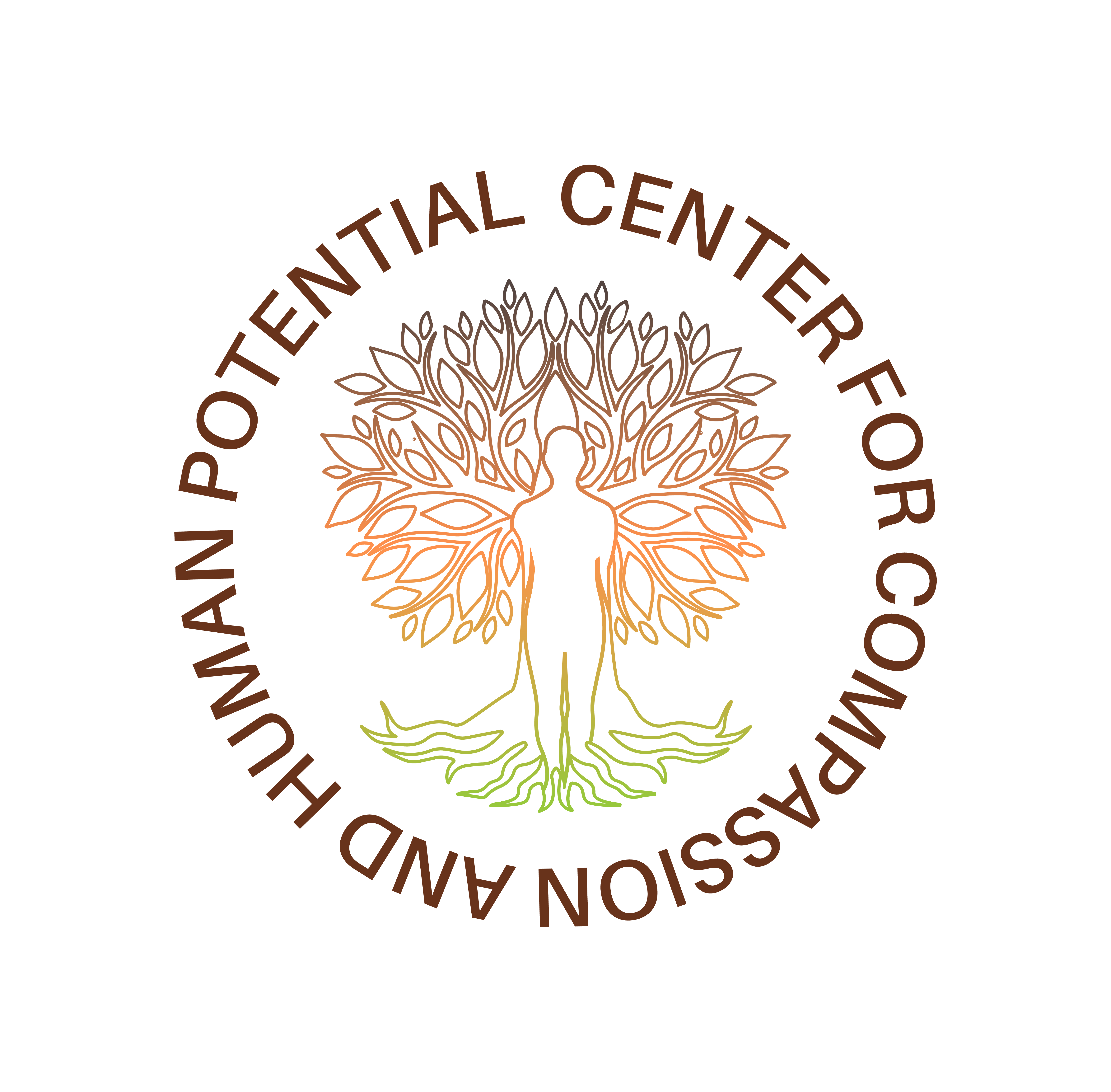Please scroll down to view all the courses below.
Course: Foundations of Mindfulness & Stress
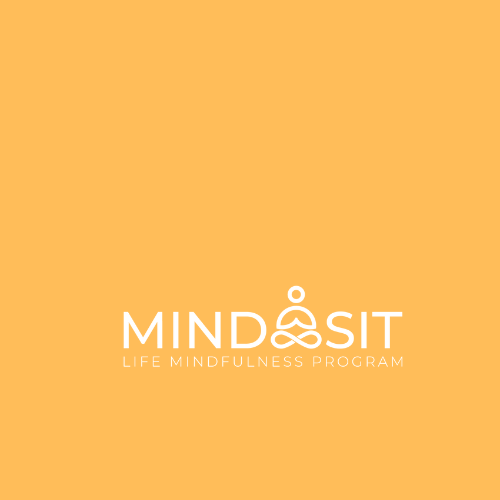
About Foundations of Mindfulness (A mind-sit Program)
The Foundations of mindfulness and stress is an eight-week workshop taught by certified trainers that entails weekly group meetings (2.5 hour classes) and a one-day retreat (seven-hour mindfulness practice) between sessions six and seven, homework (45 minutes daily), and instruction in three formal techniques: mindfulness meditation, body scanning and simple yoga postures.
MBSR 8-Week Certificate Course
Learn how to reduce stress, lower anxiety and live with greater ease
✔ Cultivate self-awareness
✔ Respond rather than react to stress
✔ Change habitual reactivity patterns
The benefits include:
- Stress reduction
- Decreased medical symptoms
- Improved self care
- Greater ability to manage anxiety and depression
- Loosening of the grip of negative habits and thinking
- Improvement in symptoms of burnout
- Clearer recognition of when your attitude or mood is beginning to change so you can become less reactive.
- Discovery that difficult and unwanted thoughts and feelings can be seen from an altogether different perspective – a perspective that brings with it a sense of compassion and less judgment to the suffering you are experiencing.
- Improved sense of well-being: Learn how to be present and appreciate the simple pleasures of everyday life, connect with yourself, and the experience of being alive
Course Framework:
Session 1: What is Mindfulness? As long as we are breathing, there is more right than wrong with us.
Session 2: Perception & Creative Responding: How we perceive the world and ourselves influences our experiences.
Session 3: Mindfulness of the Breath & Body in Movement: There is both pleasure and power in being present.
Session 4: Learning about our patterns of stress-reactivity: Where you go, there you are.
Session 5: Working with Stress: Mindful responding instead of reacting.
Session 6: Stressful communications: Interpersonal mindfulness.
Retreat Component: Full-Day of Practice
Session 7: Lifestyle choices: How can I best take of myself?
Session 8: A Mindful Life: Keeping your mindfulness alive.
Learning Outcomes
- Participants will understand how to be mindful
- Know how to regulate their nervous system
- Learn the importance of present moment focus
Course: Compassionate Integrity Training
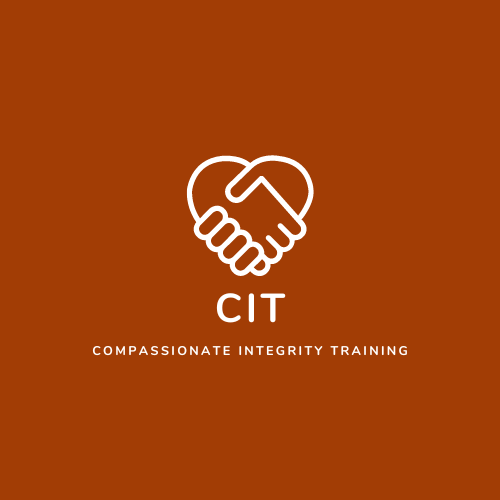
About Compassionate Integrity Training
Compassionate Integrity Training (CIT) is a multi-part training program that cultivates basic human values as skills to increase individual, social, and environmental flourishing. By covering a range of skills from self-regulation and self-compassion to compassion for others and engagement with complex systems, CIT focuses on and builds towards compassionate integrity: the ability to live one’s life by one’s values with a recognition of common humanity, our basic orientation to kindness, and reciprocity. Unlike some definitions of integrity that focus on mere consistency with one’s values, without examining what those values are, compassionate integrity insists that consistency with one’s values is not enough if those values promote harm to oneself, others, or the world. Instead, maintaining and increasing consistency with one’s values is most beneficial when they are values that promote one’s well-being as well as that of others. As to what those values are and how we understand them, this is arrived at by investigating and examining things for oneself, using common sense, common experience, and science. Compassionate integrity is, therefore, not something achieved merely as a result of wishful thinking or force of will, but rather as the result of building up knowledge, understanding, and a set of concrete skills. Because compassionate integrity is what guards against actions that compromise the well-being of oneself and others, cultivating it in one’s life and one’s community directly impacts individual and collective flourishing. For more information about CIT.
Who this course for?
CIT suits anyone interested in participating in a resiliency-informed and multi-faceted training program that helps learners cultivate greater self-compassion, self-regulation, compassion for others and compassionate systems. Non-profit leaders, mental health professionals, paraprofessionals, healthcare managers, and Small Business owners.
Course Structure
The course begins with a basic module followed by three series that cover ten important skills.
- 1st series: self-cultivation
Skills: Calming Body and Mind, Ethical Mindfulness, Emotional Awareness, and Self-Compassion.
- 2nd series: relating to others
Skills: Impartiality and Common Humanity, Forgiveness and Gratitude, Empathetic Concern, Compassion.
- 3rd series: engaging in systems Skills: Appreciating Interdependence, Engaging with Discernment.
Learning Outcomes
- Increase individual, social, and environmental flourishing.
- Acquire the ability to live one’s life by one’s values with a recognition of common Humanity
- Improve your orientation to kindness, and reciprocity.
Course: Silent Retreat
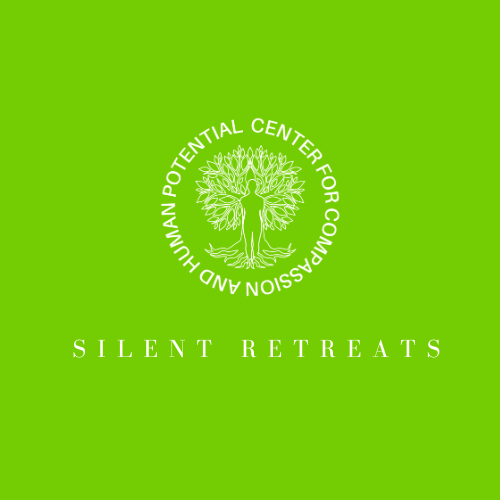
About the Center for Human Potentials Silent Retreats
Silent retreats allow people to disconnect from their hectic worlds by providing a peaceful place to commune with themselves. Guests are discouraged from talking and making eye contact with one another. Silent retreats typically provide classes, meals, and reading materials to structure the guests' time. Retreats get people back in touch with themselves so they can be more effective when they return to their real lives.
Modality: We offer Online or in-person retreats
Who can attend?
Retreats are open to all individuals who would like to further develop their mindfulness meditation practice.
It is a requirement of the Foundations of mindfulness and stress course.
The importance of Silent Retreats for teachers of Mindfulness-Based Interventions is articulated beautifully.
Silent meditation retreats are not appropriate for those completely new to meditation.
To qualify to attend you must meet one of the following criteria:
Learning Outcomes
- Nurture a deeper and more embodied meditation practice
- Handle challenges more gracefully, improve your mental health, and inspire those around you
- Recharge, be more at ease and gain new perspectives
